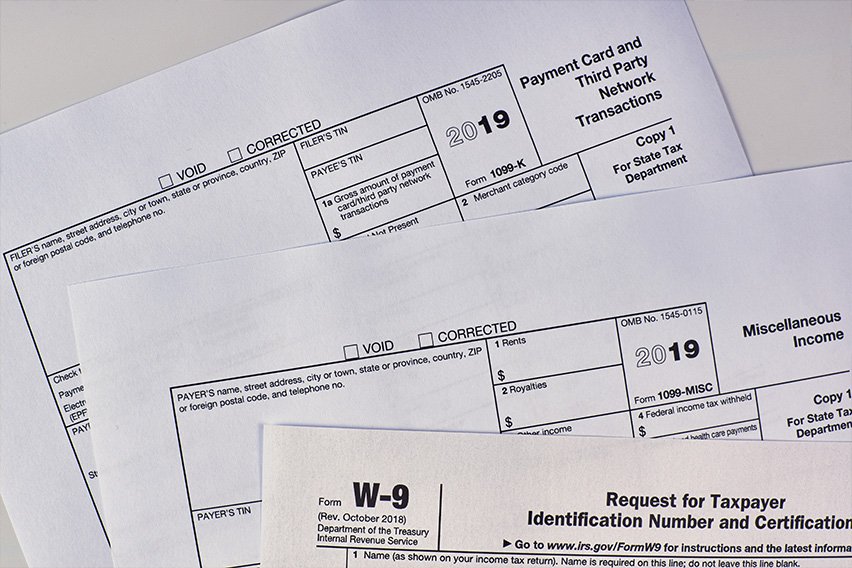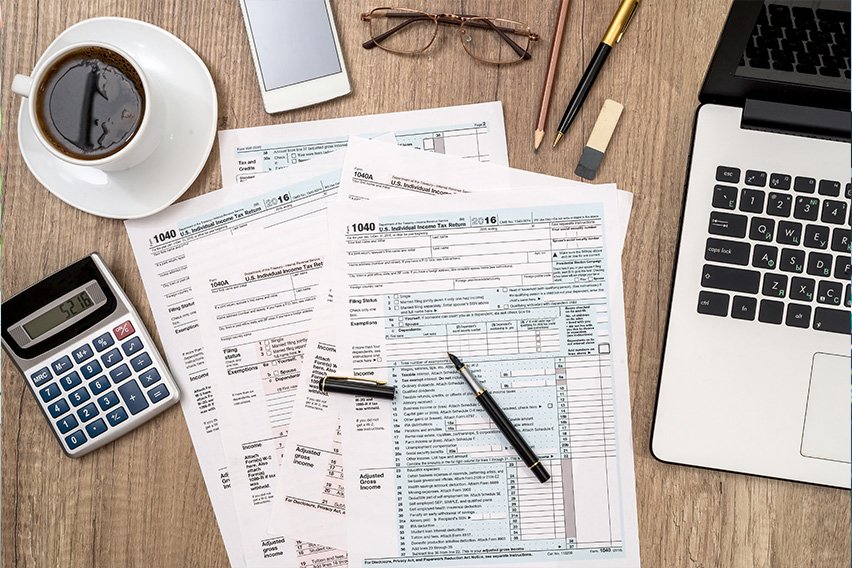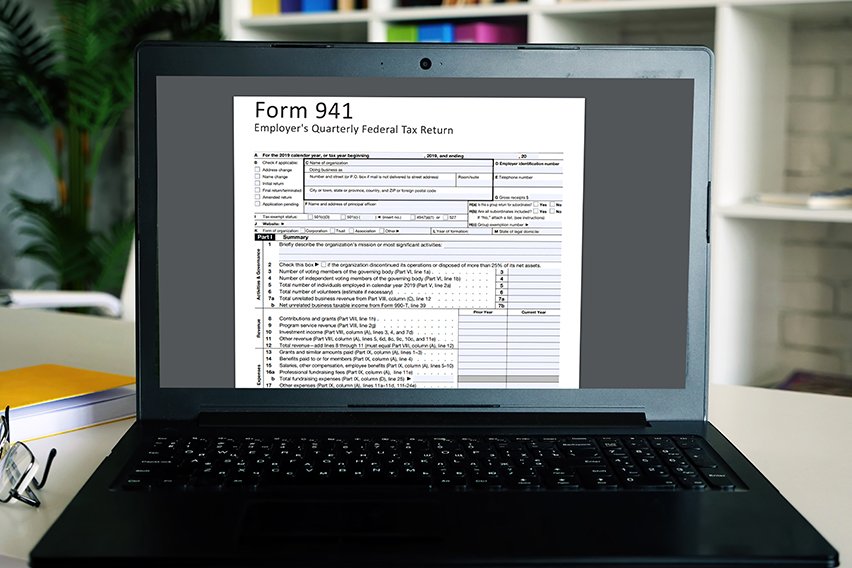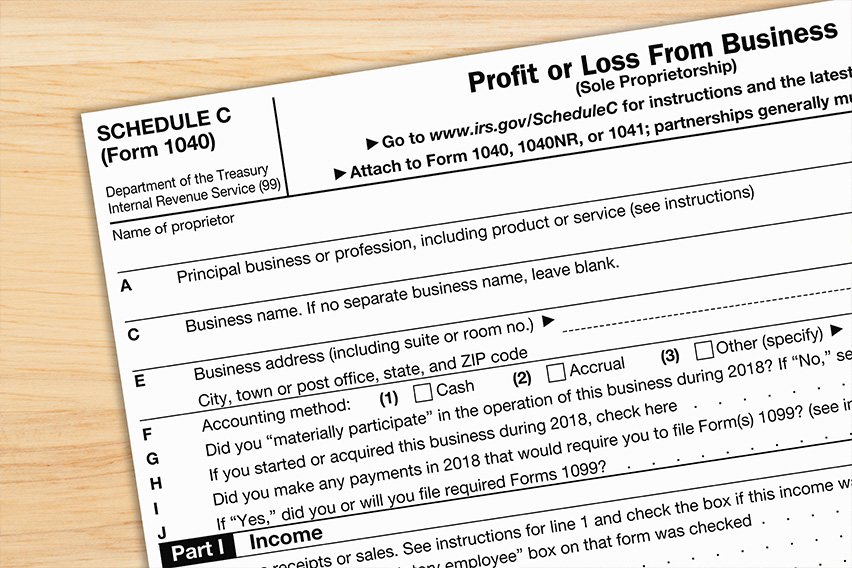Cash vs. Accrual Accounting: Difference Explained

The right accounting method is key to managing your cash flow, creating a budget, and making the most of deductions during tax season. There are two common systems for small business accounting: the cash basis accounting method and accrual accounting.
Cash basis accounting is a straightforward method that records transactions at the time that money actually moves in or out of your bank account. In contrast, accrual basis accounting is a more complex system that records transactions when they take place, regardless of when you receive income or pay a bill.
We’ll explore the key differences between cash and accrual accounting, who can use each method, and their implications for taxes. We’ll also look at the advantages and disadvantages of each so you can find the right method for your small business needs.
Key Takeaways
- Cash basis accounting records transactions when money moves in or out of your bank account.
- Accrual accounting records transactions when they are made, regardless of payment date.
- Most corporations, partnership corporations, and tax shelters must use accrual accounting.
- Any business that generates revenues of $26 million or more over three years uses accrual.
- Small businesses looking for a simple and affordable method may choose cash accounting.
Table of Contents
- What Is Cash Basis Accounting?
- What Is Accrual Accounting?
- Cash vs. Accrual Accounting Examples
- Accrual vs. Cash Accounting: Who and When to Use
- Accrual Accounting vs. Cash Accounting: Tax Implications
- Cash vs. Accrual Key Differences
- Choosing the Right Method for Your Business
What Is Cash Basis Accounting?
Cash basis accounting is a common accounting method that records any incoming and outgoing transactions at the time when cash is paid or received. This cash method also means that expenses or income are only logged when the money actually lands in your bank account.
For example, if you provide a service for a client and you charge them $400, you may send out that invoice in February after completing the job. However, if the invoice gives the client 30 days to pay, they may choose to pay in March. Even though the transaction and invoice occurred in February, cash basis accounting logs this as a March transaction because that’s when the money was sent to your account.

Pros of Cash Basis Accounting
The primary advantage of the cash accounting method is that it offers a straightforward and affordable system for recording your business transactions. Particularly for small businesses who don’t keep a full-time accountant on staff, cash basis accounting is a simple alternative to more complex systems. It’s popular with businesses and freelancers looking for an effective way to keep track of their inflow and outflow.
The other advantage of cash accounting is that it provides a real-time picture of your available cash. If you need to know exactly how much available cash is in your bank account at any one time, cash accounting offers an accurate tracking system.
Cons of Cash Basis Accounting
Cash basis accounting is typically considered less accurate than the accrual basis accounting method since it only records transactions that have been processed. It therefore misses transactions that have taken place but the money has not yet been withdrawn or deposited. This can provide a misleading picture of a business’s current finances.
Cash flow in cash basis accounting is also less helpful for tracking larger business trends. For example, a company may sell a large volume in one month, but if it’s not recorded until the following month, the analysis will be inaccurate.
Finally, there are limitations on which types of businesses are eligible to use cash basis accounting. The IRS states that corporations (with the exception of S corporations), partnership corporations, and tax shelters cannot generally use cash basis accounting 1
What Is Accrual Accounting?
Accrual accounting is an accounting method that records income and expenses at the time of the transaction, regardless of when the payment actually takes place. This means that even if money is not withdrawn or deposited immediately, the transaction is still recorded on the company’s books.
For the accrual basis accounting method example, if a company purchases a piece of equipment in May, they may not approve the payment until the equipment is delivered in June. However, accrual accounting will still record revenue for May since that is when the purchase took place.
Pros of Accrual Accounting
Accrual accounting is the most accurate way to get a full overview of your business’s balance sheet. Since you record income and expenses at the time of transaction, you have a better understanding of your real financial state even if the money has not yet moved to or from your accounts.
Keeping a real-time total of income and expenses also makes it easier to flag unpaid transactions so you can follow up with your customers.
When you know how much money will be coming in or going out, you can prepare better and create a clearer budget. This also helps you analyze your income and expenses, which can provide investors with a more accurate picture of the financial health of your business.
Finally, if you’re planning to expand your business, starting with accrual accounting means you won’t have to learn a new accounting system if your company can no longer use cash basis accounting.
Cons of Accrual Accounting
The primary downside of accrual accounting is that it is more complex and time-consuming than cash accounting. Small business owners may have to devote more time to managing their books or accept the additional expense of hiring an accountant.
In some cases, the accrual accounting method can pose a risk because it assumes all transactions will be fulfilled. If a customer delays payment or attempts to default, your budget will have to shift to account for a failure to pay.
Cash vs. Accrual Accounting Examples
The following scenario provides an example of the difference between cash and accrual accounting:
Company B places an order for $1,000 of lawnmowers from Company A on March 10th. The lawnmowers are delivered on April 10th, and Company B pays for the lawnmowers upon delivery.
Under cash basis accounting, Company A would record an income of $1,000 on April 10th when the lawnmowers are delivered and Company B pays their bill. Even though the order was placed in March, the money was deposited into the company’s bank account in April, so it’s recorded as an April transaction.
Under the accrual method of accounting, Company A records an income of $1,000 on March 10th. This was when the order was placed and the contract agreed upon, so accrual accounting records this as a March transaction even though they won’t receive the money until April.
Accrual vs. Cash Accounting: Who and When To Use
Any company can use accrual accounting to record their income and expenses. It is mandatory for companies that generate average revenues of $26 million or more over 3 years to use this method of accounting. Smaller companies can also elect to use it. Corporations (aside from S corporations), partnership corporations, and tax shelters are also required to use accrual accounting, as are any companies that carry inventory.
Accrual accounting is also recommended for companies with inventory who have a large number of transactions to keep track of. This system helps generate an accurate picture of a company’s finances so they can plan for the future.
Companies with revenues of less than $26 million over 3 years and who aren’t corporations or partnership corporations have the option to use cash basis accounting. They may choose to use the cash basis method because it’s more straightforward, making it a good fit for business owners who don’t want to bring in additional accounting support.
If a small business is looking to reduce its expenses by managing its own bookkeeping, cash basis accounting may be a helpful option.
Accrual Accounting vs. Cash Accounting: Tax Implications
Accrual accounting and cash accounting have different implications for your annual taxable income.
Under accrual accounting, you include income in your annual taxable income if all the events’ tests are met for a given event. This means the transaction is fixed and you can reasonably predict the amount you will be paid. You can claim an expense as a deduction if economic performance has occurred, meaning that the property or service that you have paid has actually been provided.
Under cash accounting, any income you receive during the tax year is included in your taxable income. Similarly, expenses for that year are recorded when you pay them. This means you can claim those deductions in the year that you pay for them, even if you purchase them outside that tax year.
Cash vs. Accrual Key Differences
There are several key differences between cash and accrual accounting and their impacts on your business’s bookkeeping:
| Cash Basis Accounting | Accrual Accounting | |
| Definition | Transactions are recorded when money is actually paid or received | Transactions are recorded at the time of the transaction, regardless of when money is paid or received |
| Used by | Small businesses with revenues less than $26 million and businesses that do not carry inventory | Corporations, partnership corporations, tax shelters, any business with revenues of $26 million or above for three years or more |
| Simplicity | Straightforward | More complicated |
| Require support | Easy for most users | Typically requires an accountant |
| Tax implications | Taxable income depends on money actually received during the tax year | Taxable income depends on events test being met for a transaction |

Choosing the Right Method for Your Business
Cash basis and accrual accounting are two common accounting systems for businesses. Cash basis records transactions at the time money moves in or out of your bank account, while accrual accounting records transactions at the time they take place, regardless of when payment occurs.The right accounting software makes it easy to track your business’s finances using either cash basis or accrual accounting. FreshBooks accounting software helps you create a balance sheet, record and categorize expenses, send invoices, and receive payments with one simple system. Try FreshBooks free to streamline your accounting process and start saving money today.
Article Sources
- Accounting Periods and Methods, IRS Publication 538
About the author
Kristen Slavin is a CPA with 16 years of experience, specializing in accounting, bookkeeping, and tax services for small businesses. A member of the CPA Association of BC, she also holds a Master’s Degree in Business Administration from Simon Fraser University. In her spare time, Kristen enjoys camping, hiking, and road tripping with her husband and two children. In 2022 Kristen founded K10 Accounting. The firm offers bookkeeping and accounting services for business and personal needs, as well as ERP consulting and audit assistance.
RELATED ARTICLES


 How to File 1099: 5 Easy Steps
How to File 1099: 5 Easy Steps Tax Deductions for Self-Employed Business Owners: Everything to Know
Tax Deductions for Self-Employed Business Owners: Everything to Know What Is SECA Tax? A Simple Guide to Self-Employed Tax Obligations
What Is SECA Tax? A Simple Guide to Self-Employed Tax Obligations What Is Form 941? Facts and Filing Tips for Small Businesses
What Is Form 941? Facts and Filing Tips for Small Businesses Schedule C: The Essential Tax Form for Self-Employed Individuals
Schedule C: The Essential Tax Form for Self-Employed Individuals How To Calculate Payroll Taxes: Step-by-Step Guide
How To Calculate Payroll Taxes: Step-by-Step Guide